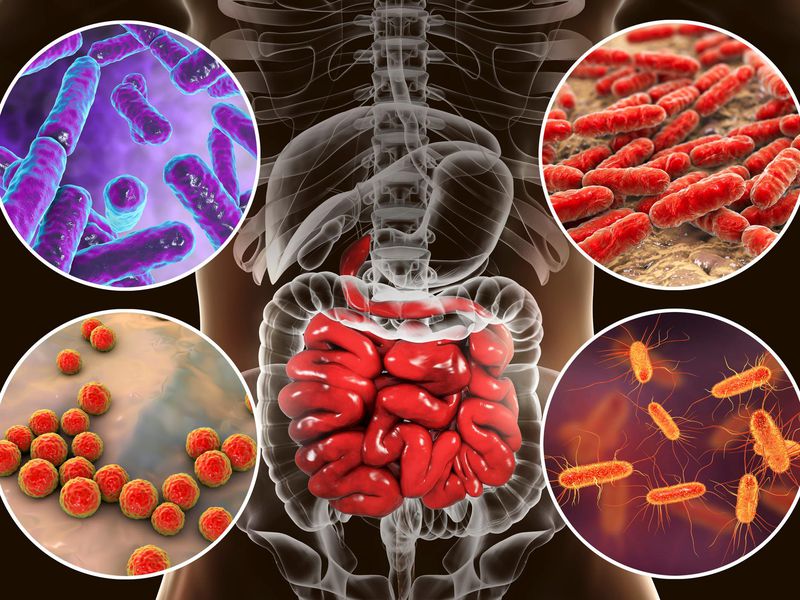Feeding Gut Microbiota With Healthy Fibre Is Essential For Heart Failure Patients
Source: Proceedings From European Society of Cardiology Annual 2019 Scientific Congress May 28, 2019 5 years, 10 months, 4 weeks, 1 day, 19 hours, 3 minutes ago
The Fibre Study presented by Dr Cristiane Mayerhover, of Oslo University, at Heart Failure 2019, a recent scientific congress of the European Society of Cardiology (ESC), showed that patients who consume more dietary fibre tend to have healthier gut bacteria, which is associated with reduced risk of death or need of a heart transplant.

Gut microbiota is composed of trillions of microorganisms that have the potential to affect human health.Previous research have reported reduced biodiversity of microbes in the gut of patients with heart failure patients, due to low fibre intake."
The study also linked meat intake to higher levels of trimethylamine-N-oxide (TMAO) in patients with heart failure. Prior research has shown that increased TMAO levels are associated with a greater risk of cardiovascular events. Interestingly, gut microbiota play a role in the formation of TMAO when an individual consumes meat.
"We show an important pathway that connects diet, microbial activity, and cardiovascular disease," said Dr Mayerhofer in a phone interview with Thailand Medical News. "It would be prudent for patients with heart failure to limit their meat intake to one to two times a week."
The study involved 84 well-treated patients with chronic heart failure and 266 healthy people. The composition of gut microbes was assessed by sequencing the bacterial 16S rRNA gene in stool samples and compared between the two groups.
Patients who have had heart failure had lower biodiversity of intestinal microbes than healthy patients, with differences in the two main phyla of bacteria present in the human gut. Patients with heart failure had a lower ratio of Firmicutes/Bacteroidetes (F/B) compared to healthly test controls, and this difference was even more pronounced when the cause of heart failure was non-ischaemic
Dietary and outcome analyses were performed in heart failure patients. Patients who had a heart transplant or died had lower biodiversity and a lower F/B ratio than healthy patients. Regarding diet, bacterial diversity and Firmicutes levels were positively associated with fibre intake.
"Our findings suggest that the altered microbiota composition found in patients with chronic heart failure are connected to low fibre intake," said Dr Mayerhofer. "If these findings are confirmed in future studies, then advocating foods high in fibre such as cereals, fruits and vegetables to stimulate a healthy gut flora would be a great choice for many."
"We are still just in the initial stages of mapping and understanding the microbiota, how it works, and its potential for the clinical setting," said Dr Mayerhofer.
Dr Mayerhofer is currently involved with GutHeart, the first randomised controlled trial on the effect of a probiotic and an antibiotic on the composition of gut bacteria, heart function, and inflammation in patients with heart failure.2 "The trial will show the potential clinical effects of modulating our gut bacteria in the setting of heart failure," she added.
Journal Reference: Cristiane C.K. Mayerhofer, Ayodeji O. Awoyemi, Samuel D. Moscavitch, Knut Tore Lappegård, Johannes R. Hov, Pål Aukrust, Anders Hovland, Andrea Lorenzo, Sigrun Halvorsen, Ingebjørg Seljeflot, Lars Gullestad, Marius Trøseid, Kaspar Broch.
trong>Design of the GutHeart-targeting gut microbiota to treat heart failure-trial: a Phase II, randomized clinical trial. ESC Heart Failure, 2018; 5 (5): 977 DOI: 10.1002/ehf2.12332
